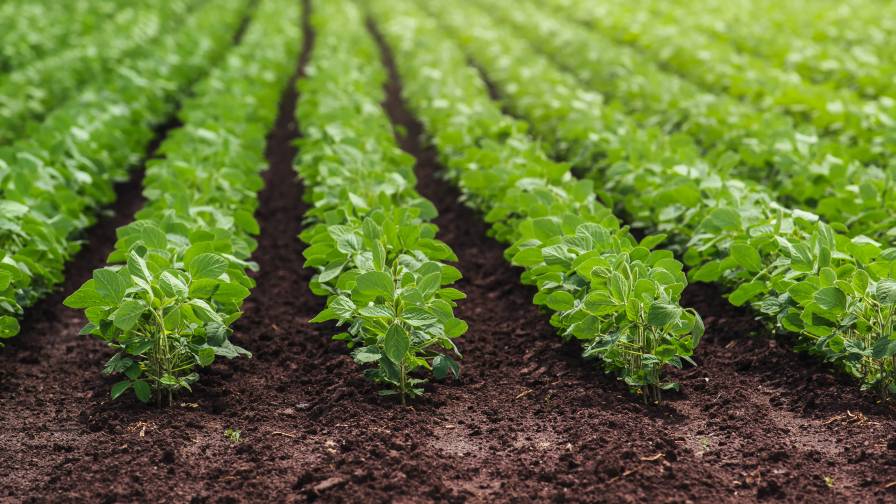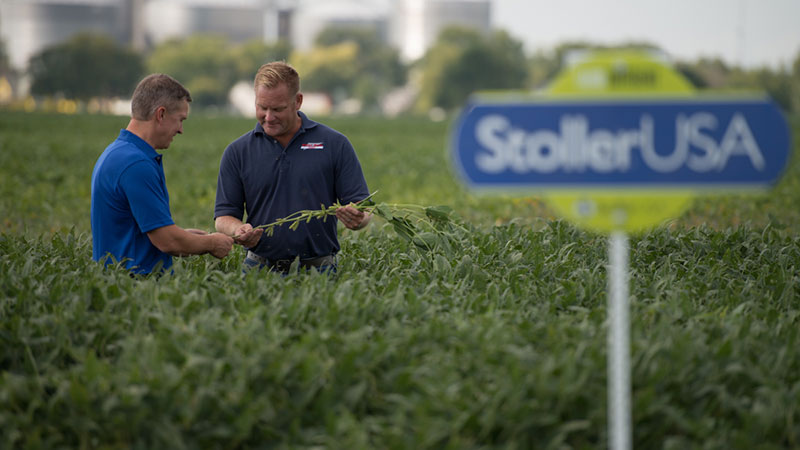Cargill Buys Iowa Corn Ethanol Plant
Privately held food producer Cargill has purchased Tate & Lyle’s corn wet mill ethanol plant located in Fort Dodge, IA.
The plant has the capacity to grind 150,000 bushels of corn per day and produce 115 million gallons of ethanol per year.
The facility is expected to create over 100 jobs and help provide an alternative market for local producers.
The agribusiness giant said it hopes to replicate the success it has had at other bio-refinery campuses at Fort Dodge.
“When completed, Fort Dodge will be a world class bio-refinery campus that will produce ethanol and other bio-based products,” said Alan Willits, president of Cargill Corn Milling North America.
Cargill’s other bio-refinery complexes are located at Blair, NE, and Eddyville, IA.
(Source: Reuters)






